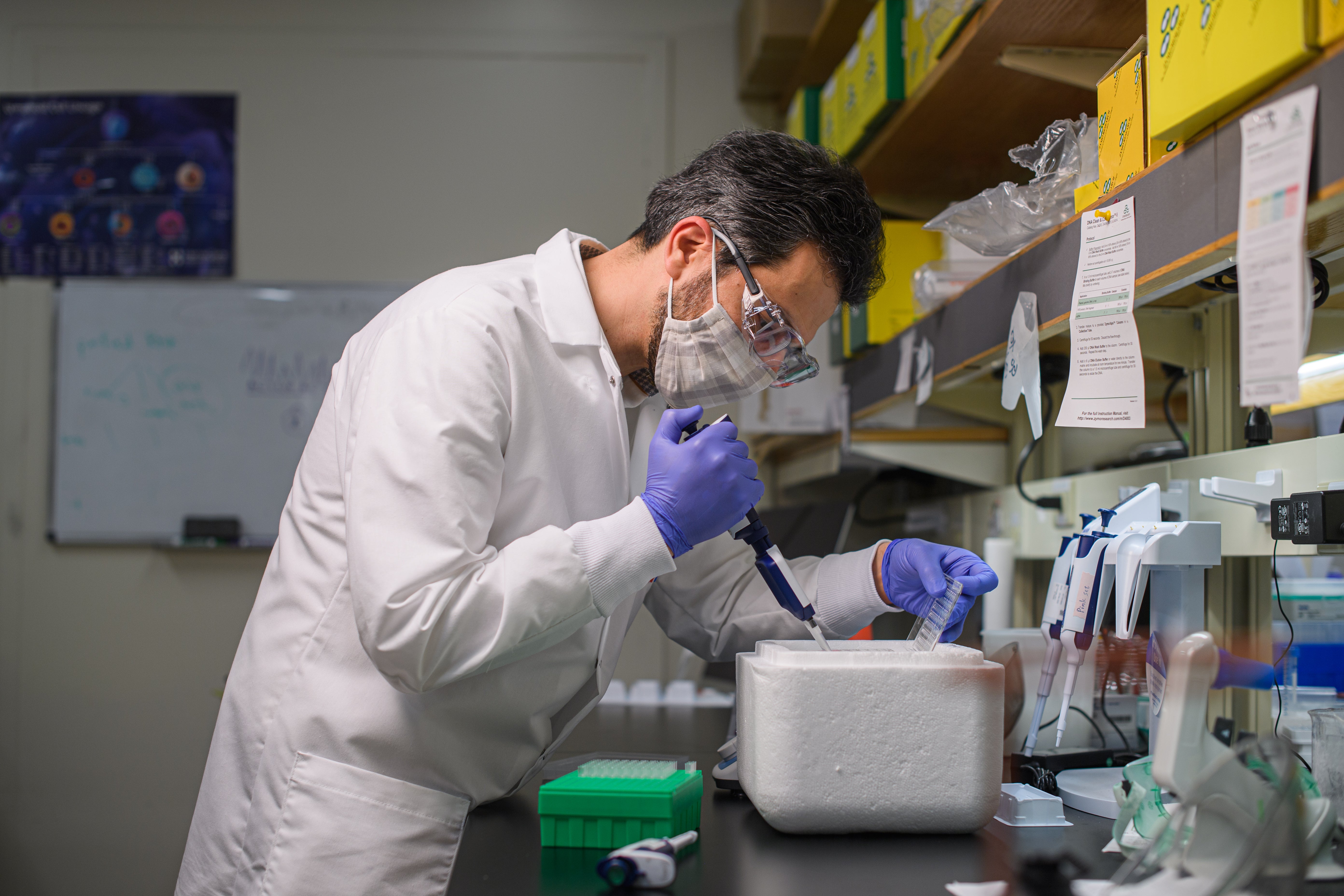Viral infections like HIV and HPV can change human DNA; does a COVID-19 infection do the same?
INDIANAPOLIS (WISH) — Scientific evidence shows viral infections such as HIV, HPV and hepatitis are capable of invading human DNA cells and changing a person’s genetic material.
- Listen to this story
There is conflicting evidence as to whether COVID-19 can also do that.
For example, one lab study recently found COVID-19 material does integrate into human genomes. But according to a new report by Purdue University researchers, this claim is unfounded. The execution of this research was fraught with errors.
Purdue University scientists told News 8 the coronavirus doesn’t have the same type of machinery as other viruses and therefore cannot alter an infected person’s DNA. While HIV and HPV can enter the centermost part of a cell where DNA is stored, the coronavirus can’t.
“All the evidence that we have so far is that genetic material of this coronavirus, which is an mRNA, lives inside the cytoplasm and does not have the machinery to transport the coronavirus into the nucleus,” Dr. Majid Kazemian told News 8. “Therefore it cannot integrate into the human genome.”
The cytoplasm is a jelly-like substance within a cell. The nucleus is the innermost portion of the cell where DNA is stored.
To examine if integration was possible, Kazemian and colleagues developed a technique that enabled them to extract genetic material from coronavirus infected cells. They then reproduced the genetic material of the cell by 30-fold to see if the virus could enter the portion of the cell where DNA is stored. If the genetic material from the coronavirus affected DNA, the genetic material would also have resulted in a 30-fold increase. Results did not show this. The study was published in the Journal of Virology.
“We found absolutely no evidence for any concern that either this virus or pieces of the virus … would be permanently in our DNA,” Kazemian concluded.
